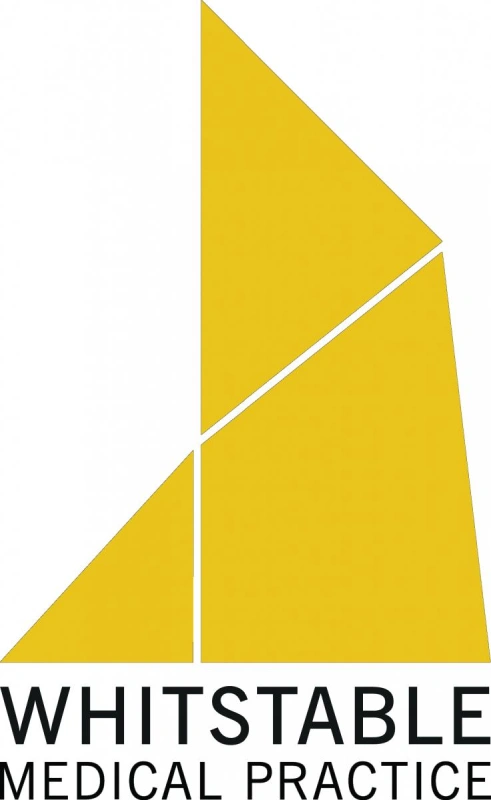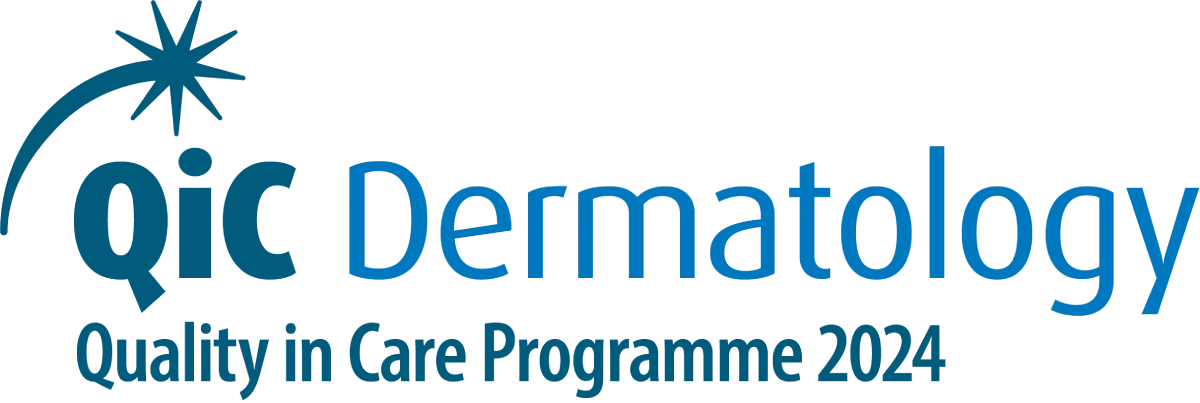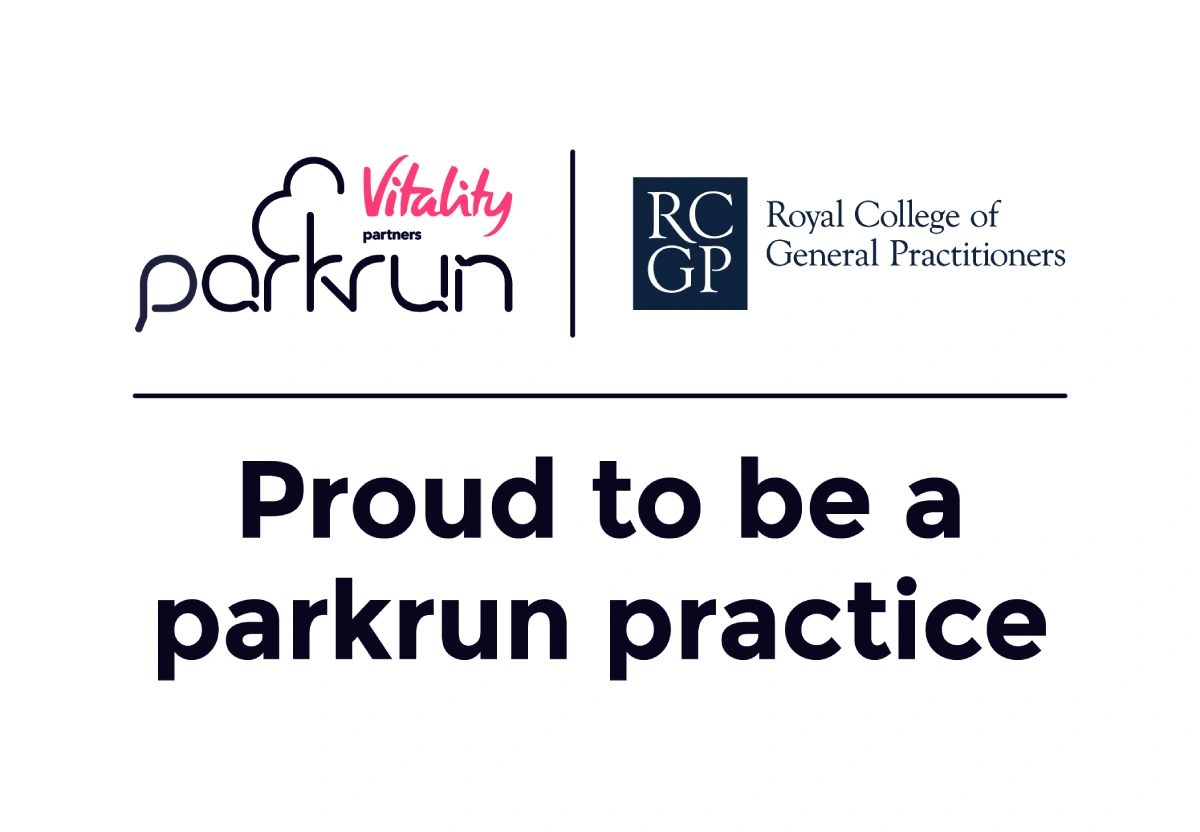We use cookies to help provide you with the best possible online experience.
By using this site, you agree that we may store and access cookies on your device. Cookie policy.
Cookie settings.
Functional Cookies
Functional Cookies are enabled by default at all times so that we can save your preferences for cookie settings and ensure site works and delivers best experience.
3rd Party Cookies
This website uses Google Analytics to collect anonymous information such as the number of visitors to the site, and the most popular pages.
Keeping this cookie enabled helps us to improve our website.
Care in General Practice is changing
We explain how and why the ways we access and deliver care in General Practice has and continues to change.
Before the pandemic, we had recognised several things about General Practice and the way we offer our services.
We had recognised that our pre-pandemic model of care wasn’t going to cater for the increasingly complex needs in our growing population.
We recognised the value of the GP-patient relationship, but also the value that a wider team around the patient could bring to a system that was at times under strain. We wanted to enhance and improve on this team ethic. We wanted to build more of a team around our patients, something supported by NHS England.
We recognised that although patients were satisfied with the access they had to primary care, our ‘one size fits all’ ten-minute appointment model was no longer sophisticated enough to cater for more varied and complex physical and mental health needs.
As in many areas of life, the pandemic accelerated a lot of the changes that we were recognising needed to happen in General Practice.
Many people are asking "why can't things go back to how they were?"
Time and people are our greatest and most valuable resources in General Practice. The time to give you to talk about your problem, to explain how it affects your life, to work out together how we can use the resources at our disposal to cure, investigate, seek specialist advice or help you manage things to do with your health. The people to give their specific skill, whether it be a doctor, nurse, a physiotherapist, a clinical pharmacist, a mental health worker or other health care professional.
The way to make best use of these resources, time and people, is through ensuring patients are seen by the right person, at the right place, at the right time. Our mission at Whitstable Medical Practice is to combine the best aspects of traditional general practice with new and innovative approaches to care.
How can we achieve this? If we have more information about our patients’ needs at our fingertips, we can achieve the aim of ‘right person, right place, right time’.
Why can't I book a face to face appointment with my GP directly?
By asking that patients either call or fill out an online consultation first, the practice can manage our time and resources better. This means that those with the most urgent needs get seen in a timely fashion. It also means that for routine problems, tests or investigations and even referrals can be made prior to seeing you, so that when we see you we can deal with as much as possible in a single appointment. This is often more convenient for patients and a more efficient use of our resources. Even for something like a skin problem, many patients have found it more convenient to deal with this through the combination of a phone call and text messages with photographs enclosed.
Sometimes though, patients will feel that they need to be seen face to face and of course if this is stated during a call or an online form, we'll always endeavour to make that happen. It's because we value face to face appointments so highly that we continue to operate in this way
Online consultations
Online consultations are one way of providing this. Many have found these a more convenient way to manage their health issues. You can fill out an online consultation form at a time convenient to you, Monday to Friday between 8 am and 6.30 pm. These are not available for children under the age of 16. A response will be received within 3 working days so they are not appropriate for urgent matters that need attention on the day. The forms are accessible via our website, which guide you through the sorts of questions one of the team would ask you, so that you can be directed to the right person, in the right place at the right time.
Sometimes we can answer the query through a simple text message and a prescription sent to your pharmacy. Sometimes it will help us focus a telephone consultation more effectively. You may be advised to see a member of the team other than the GP, or given a face to face appointment with the GP.
Patient coordinators asking more questions
To get you to the right person at the right place in the right time, we’ve renamed our receptionists as patient coordinators to reflect their wider role. Patient coordinators have been trained to ask more questions. This isn’t a barrier to your care; it’s to help you to speak to the best person and to distinguish between something routine and urgent. Patient coordinators are regularly given training to do this, so please do let them know why you’re calling. They’ll listen to you to decide together who can best deal with your problem, and whether your problem can be dealt with routinely, or is urgent.
Same day hub
We’ve listened to the feedback we’ve received since the pandemic and have added 250 appointments for our patients per week for new problems that need to be dealt with on the same day. This is our same day hub. If you’re calling about an acute/new problem, it often doesn’t require your named GP to deal with it, and you may be directed to the same day hub. You’ll be seen by one of a team of paramedics, nurses and GP’s. This is run alongside our Urgent Treatment Centre at Estuary View.
Given the demands on all General Practices and healthcare more widely, there may be times when your own GP site is fully booked. In these situations, the patient coordinators will help you to pre-book an appointment or advise about an online consultation (help you fill one out if needed). If the problem is an emergency for that day and these avenues are not suitable, we will have a “duty doctor” at Estuary View who will advise on the best next step, possibly by phoning you or by arranging an appointment at the Urgent Treatment Centre.
I hope this helps to make clear why the changes we made during the pandemic remain and how some changes have and will continue to evolve.
We regularly receive feedback on issues like access and services. The most constructive feedback we receive is always from our patients, so if you’d like to be a part of how we build General Practice locally for the future and have ideas on this, why not consider joining the patient participation group and adding your voice to theirs?
Learn more about the Patient Participation Group
Published: Oct 21, 2024



